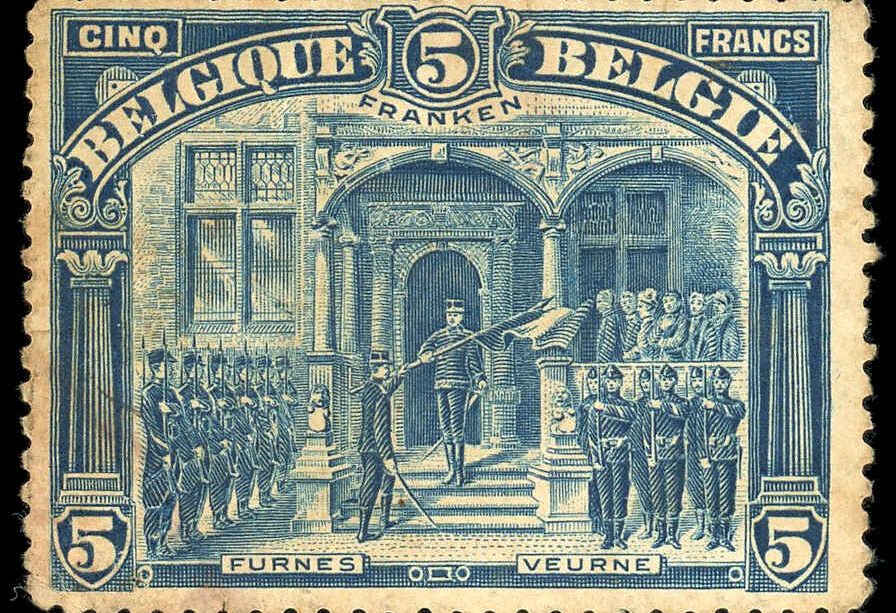Belgium: A Hub of Culture and Innovation in Europe

Introduction
Belgium, a small yet vibrant country located in Western Europe, serves as a crucial intersection of cultures, languages, and economies. Home to the European Union’s headquarters, Belgium plays a pivotal role in international politics and trade. Its unique blend of French, Dutch, and German influences shapes its cultural and social landscape, making it an interesting subject for exploration.
Historical Significance
Founded in the early Middle Ages, Belgium’s history is marked by conquests and a rich tapestry of cultural evolution. The country gained independence in 1830 and has since played a significant role in both World Wars, which shaped its society and infrastructure. Today, cities like Brussels, Antwerp, and Bruges boast medieval architecture alongside modern developments, attracting millions of tourists annually.
Economic Landscape
Belgium has a diverse economy, with key industries ranging from manufacturing to services and technology. The nation is one of the world’s most open economies, relying heavily on international trade and foreign investment. In recent years, the technology sector has seen significant growth, focusing on areas like fintech, biotechnology, and renewable energy, positioning Belgium as a competitive player on the European stage.
Cultural Richness
Known for its delicious chocolate, renowned lace-making, and rich beer culture, Belgium also celebrates various festivals that reflect its heritage. The annual Carnival of Binche and the Flower Carpet in Brussels are just two examples of the country’s commitment to preserving its traditions. Moreover, its diverse cultural offerings include a strong emphasis on visual arts, music, and cinema, providing something for everyone.
Current Events
In light of global events and the COVID-19 pandemic, Belgium has demonstrated resilience by implementing robust public health measures while continuing its commitment to innovation and sustainability. As the country prepares for the upcoming European elections in 2024, political analysts are closely monitoring shifts in public sentiment and their implications for the EU’s future.
Conclusion
Belgium stands as a beacon of cultural diversity and economic potential in Europe. Its strategic location, rich history, and modern advancements make it an essential player on the world stage. As it grapples with contemporary challenges while holding on to its traditions, Belgium’s future looks promising. Visitors and residents alike can anticipate ongoing developments that celebrate its unique identity while embracing innovation. Understanding Belgium’s significance will not only enhance travel experiences but also foster appreciation for its contributions to global culture and economy.









